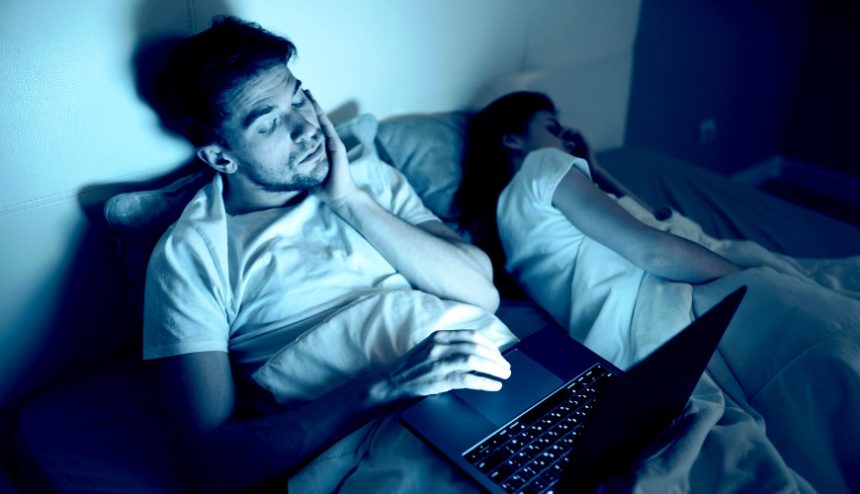We spend a third of our lives asleep, but many don’t realize how much poor sleep affects our health. Sleep recharges and rejuvenates our minds and bodies. However, without sufficient sleep on an ongoing basis, our health fails. We suffer from sleep deprivation because sleep impacts every organ system in the human body.
Getting adequate rest isn’t a high priority for many Americans. According to one Gallup poll, 40 percent admit they rarely get enough sleep. Hours of sleep per night are now down to only 6.8 hours (an hour less than in 1942). So we’re sleeping less, even when we know we shouldn’t.
What You Don’t Know CAN Hurt You
Rest prepares your body and mind to be ready for a new day. It keeps your brain sharp and focused so you can learn and process new information. Sleep also helps several other areas of your body.
Check out these benefits of sleep:
- Healthier skin—Without enough rest, your body produces elevated cortisol levels, a stress hormone. When cortisol releases too much oil, pores can be clogged, leading to acne or other skin disorders—eczema, psoriasis, or rosacea.
- Heart-healthy—According to the National Sleep Foundation, people who don’t get at least six hours nightly may double their risk of a heart attack or stroke.
- Your brain thrives on the benefits of sleep—As you sleep, your memory, your brain’s processing capabilities, and your mental health all get a boost. Conversely, sleep deprivation is linked to depression, and you might not perform as well on mental tasks if you’re tired.
- Supports weight loss and maintenance—Being chronically tired can lead to weight gain and make safe weight loss more difficult. If you’re trying to stay at or reach a healthy weight, be sure you’re getting the sleep you need.
How is your sleep?
If you’re feeling excessively tired, ask yourself:
- Getting enough zzz’s?—If you’re sleeping too little (less than seven hours), you may need another hour or two consistently for optimal health.
- Excessively tired during the day?—Excessive Daytime Sleepiness (EDS) may afflict as much as one-fifth of America’s population. In addition, it may signal an underlying medical condition, so it’s important to get it checked out. Sleep apnea is a common sleep disorder.
- Catching yourself taking another afternoon siesta?—It may be a normal part of your circadian rhythm (part of how your body keeps time) that you’re a little tired at 2 p.m. However, if you find yourself uncontrollably falling asleep at all the wrong times, this could signify a sleep disorder.
- Longer than 10 hours every night?—If you’re getting too much rest, you may have an underlying health condition. Most people need between seven and nine hours of sleep every night. There’s also a link between depression and excessive sleep, so your doctor may need to run some tests to make sure you’re healthy.
If you’re struggling with getting enough sleep, discussing your concerns with your doctor is an excellent place to start. Glacial Ridge Health System offers sleep studies with overnight observation and testing.


